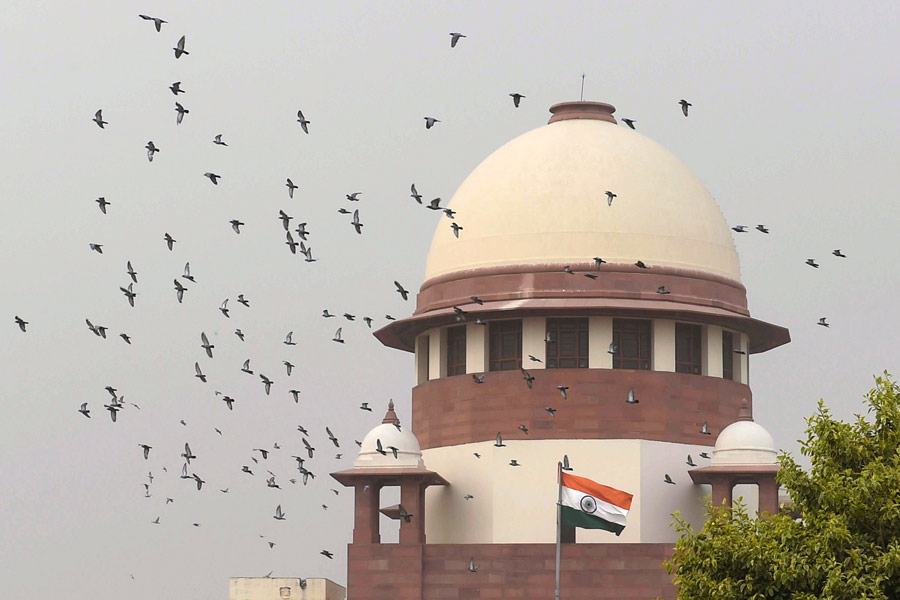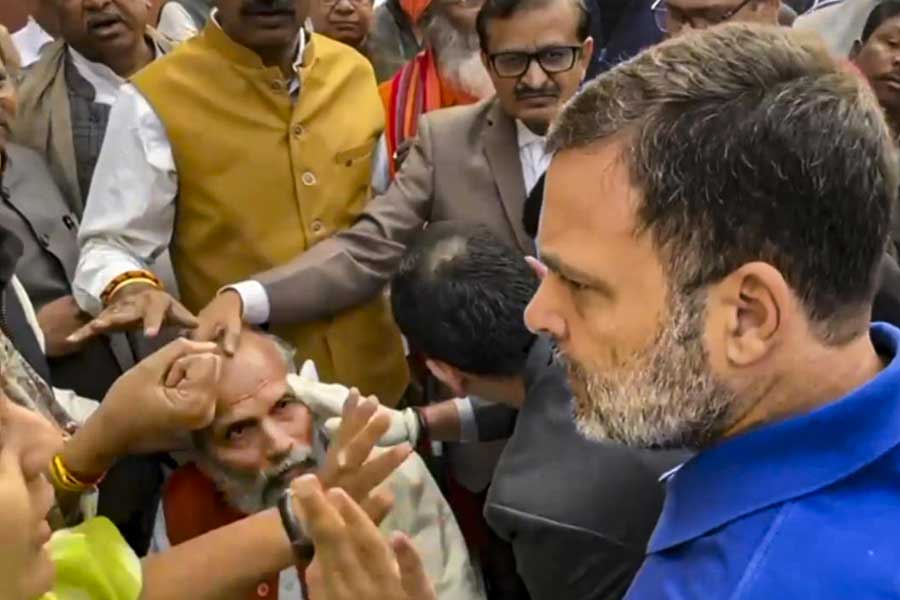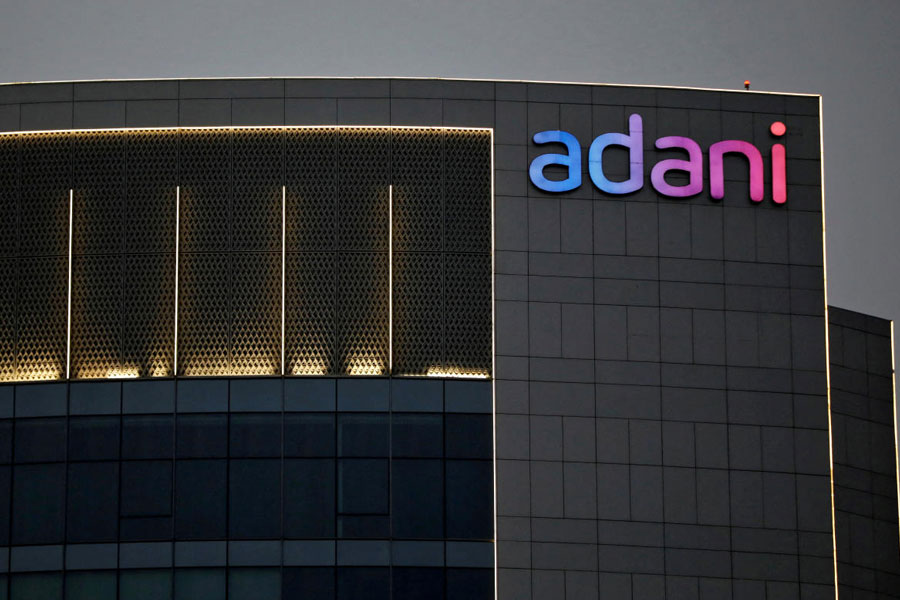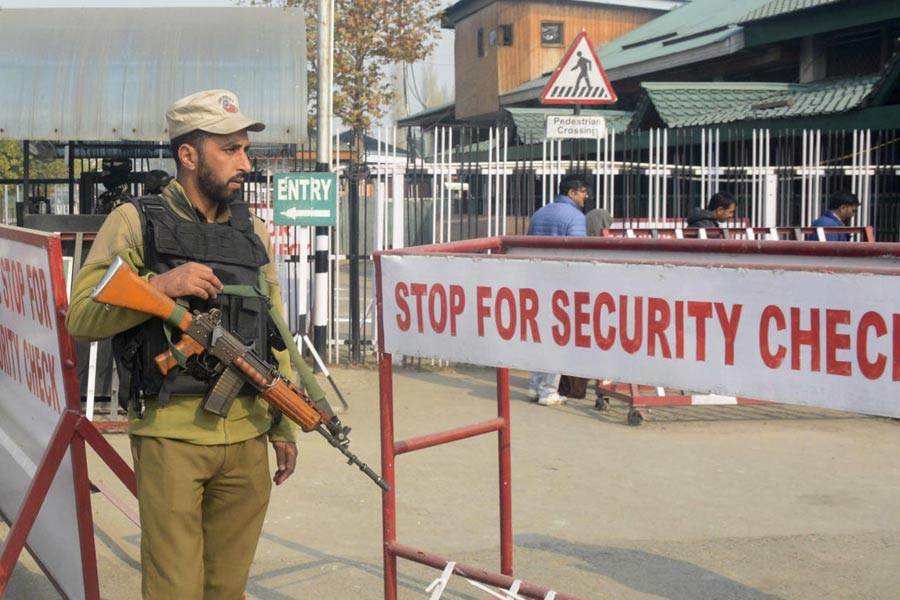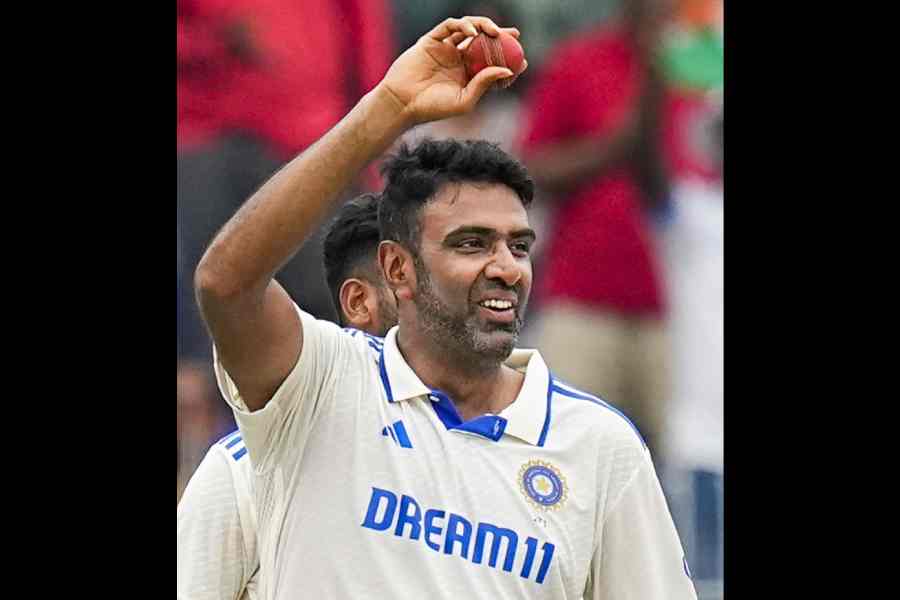The Supreme Court on Wednesday ruled that “no one can call any part of India as Pakistan as it is fundamentally against the territorial integrity of the nation”, but dropped the suo motu proceedings against a Karnataka High Court judge who had made the observation while referring to a Bengaluru colony.
The bench of Chief Justice of India D.Y. Chandrachud and four of the senior-most judges — Justices Sanjiv Khanna, B.R. Gavai, Surya Kant and Hrishikesh Roy — decided to “close” the proceedings against Justice Vedavyasachar Srishananda after he
expressed regret and apologised. Justice Srishananda also apologised for the misogynistic remarks he had made against a lawyer.
Reading out a report submitted by the registrar-general of Karnataka High Court on the judge’s observations, including video clippings, CJI Chandrachud told attorney-general R. Venkataramani and solicitor-general Tushar Mehta that Justice Srishananda had indicated he had been quoted out of context and that his comments were unintentional and not meant to hurt the sentiments of any segment of society. The CJI said Justice Srishananda was tendering an apology if any section of the society had felt hurt.
“No one can call any part of India as Pakistan. It is fundamentally against the territorial integrity of the nation,” the Supreme Court said. “...Casual observations may
indicate personal biases, especially when perceived to be directed at a certain gender or community.”
The Supreme Court said: “Thus, one must be wary of making patriarchal or misogynistic comments. We express our serious concern about observations on a certain gender or a community and such observations are liable to be construed in a negative light. We hope and trust that responsibilities entrusted on all stakeholders are discharged without bias and (with) caution.”
While expressing dismay over the burgeoning traffic and other harrowing experiences of commuters in the Karnataka capital during the hearing of a case on July 6, Justice Srishananda had referred to a particular colony in the city as “Pakistan”, which many felt was a comment on the dominant population of that neighbourhood. Hearing another case related to taxes on August 28, Justice Srishananda had made objectionable comments about a woman lawyer in connection with a male counsel representing the other side.
“Bearing in mind the apology rendered by the judge in open-court proceedings, we consider it in the interest of justice and the dignity of the institution not to continue the proceedings further. However, before closing, it is needed for this court to make some observations. We desisted from issuing notice to the high court judge in the interest of judicial dignity,” the top court said.
“The prevalence and reach of social media have included wide reporting of court proceedings. Most high courts in the country have now adopted rules of livestreaming or conduct of video-conferencing, which emerged as a need during the Covid pandemic and became an important outreach facility for courts to mete out access to justice. All parties, judges, lawyers and litigants must be aware that the proceedings reach audiences who are well beyond the physical precincts of the court and thus all must be aware of the wider impact of observations on the community at large.
“As judges, we are conscious of the fact that each individual has a set of predispositions based on early or later experiences of life. It is important that a judge is aware of their predispositions and the heart and soul of a judge is when they are impartial and only then can we deliver objective and fair justice. It is important for all stakeholders to understand that only values which must guide judicial decision-making are the ones in the Constitution,” the apex court said.
The court turned down the plea of some lawyers to stop live-streaming of court proceedings on the ground that it has become a trend to put comments made during hearings on social media.
“The answer to sunlight is more sunlight and not to suppress what happens in court. The answer is not to close it down,” Justice Chandrachud remarked.
The top court had taken suo motu cognisance of Justice Srishananda’s comments on September 20 and sought a report from the high court’s registrar-general.

